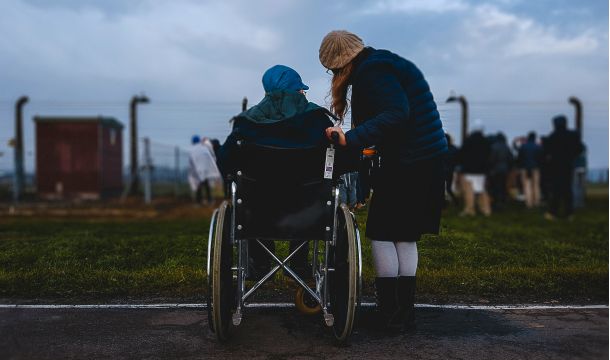Activist EEOC Seeks to Expand Title VII Coverage
As we discussed in our last blog post, the Eleventh Circuit Court of Appeals, which encompasses Georgia, Alabama, and Florida, now recognizes harassment on the basis of transgender status as a violation of Title VII. Currently, there are two cases pending before the Eleventh Circuit, Evans v. Georgia Regional Hospital and Burrows v. the College of Central Florida, in which the Eleventh will decide if Title VII protects a person from discrimination on the basis of sexual orientation. Both cases were dismissed by the District Courts on the ground that claims for sexual orientation discrimination are not cognizable under Title VII. The U.S. Equal Employment Opportunity Commission (EEOC) has filed amicus briefs in both cases, taking the position that sexual orientation discrimination is sex discrimination under Title VII. We will be watching these cases carefully for the Eleventh Circuit decisions.
In addition to filing amicus briefs in support of its position, the EEOC is becoming actively involved in litigation to further its agenda. On March 1, 2016, The U.S. Equal Employment Opportunity Commission (EEOC) announced that it filed its first two sex discrimination cases based on sexual orientation. The federal agency's Philadelphia District Office filed suit in U.S. District Court for the Western District of Pennsylvania against Scott Medical Health Center, and, in a separate suit, in U.S. District Court for the District of Maryland, Baltimore Division, against Pallet Companies, dba IFCO Systems NA.
In its suit against Scott Medical Health Center, EEOC charged that a gay male employee was subjected to harassment because of his sexual orientation. The agency said that the male employee's manager repeatedly referred to him using various anti-gay epithets and made other highly offensive comments about his sexuality and sex life. When the employee complained to the clinic director, the director responded that the manager was "just doing his job," and refused to take any action to stop the harassment, according to the suit. After enduring weeks of such comments by his manager, the employee quit rather than endure further harassment.
In its suit against IFCO Systems, EEOC charged that a lesbian employee was harassed by her supervisor because of her sexual orientation. Her supervisor made numerous comments to her regarding her sexual orientation and appearance, such as "I want to turn you back into a woman" and "You would look good in a dress," according to the suit. At one point, the supervisor blew a kiss at her and circled his tongue at her in a suggestive manner, EEOC alleged. The employee complained to management and called the employee hotline about the harassment. IFCO fired the female employee just a few days later in retaliation for making the complaints, EEOC charged.
As the EEOC noted in its press release, Title VII of the Civil Rights Act of 1964 prohibits discrimination because of sex. However, Title VII does not explicitly prohibit discrimination on the basis of sexual orientation. "With the filing of these two suits, EEOC is continuing to solidify its commitment to ensuring that individuals are not discriminated against in workplaces because of their sexual orientation," said EEOC General Counsel David Lopez. "While some federal courts have begun to recognize this right under Title VII, it is critical that all courts do so."
The EEOC is making a big effort to persuade the courts to interpret the phrase "discrimination on the basis of sex" as broadly as possible so that it will encompass "discrimination on the basis of sexual orientation." Opponents of this approach will argue that only Congress should be able to amend Title VII so that it explicitly prohibits discrimination on the basis of sexual orientation. And that is not going to happen any time soon.
We will provide further updates on these matters as they develop.

Kathleen J. Jennings is a former principal in the Atlanta office of Wimberly, Lawson, Steckel, Schneider, & Stine, P.C. She defends employers in employment matters, such as sexual harassment, discrimination, Wage and Hour, OSHA, restrictive covenants, and other employment litigation and provides training and counseling to employers in employment matters.
Related Content
Get Email Updates
Recent Content

NLRB to Seek Rescission of past Discipline Imposed under Overbroad Employer Work Rules

Do Drive Cam Cameras inside Trucks Violate Employee Rights?

Amazon Considers Risk When Investigating Employee Misconduct

Latest NLRB Attack Goes beyond Non-Compete Agreements to Reach Outside Employment

NLRB Board Addresses BLM Insignia at Work




